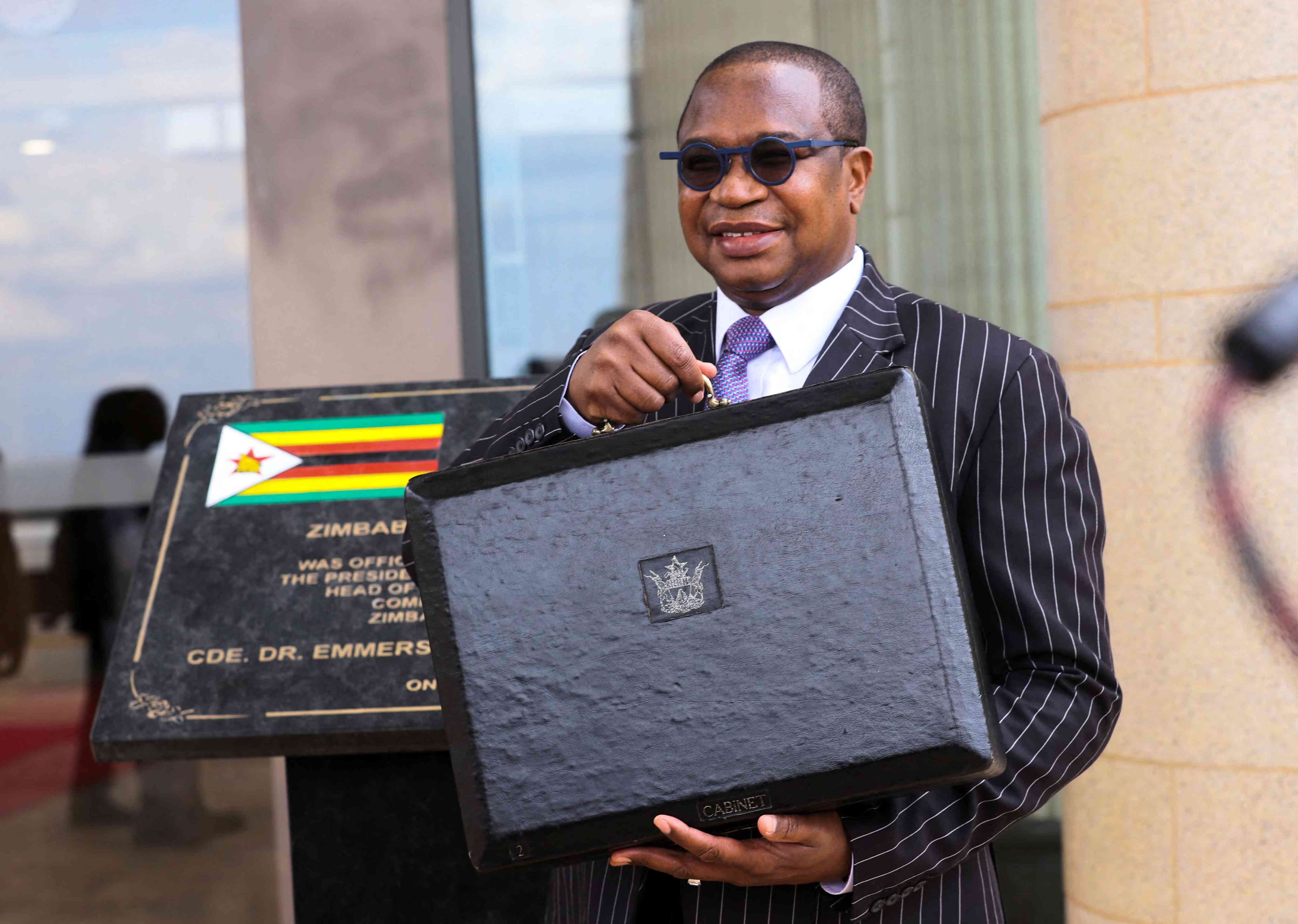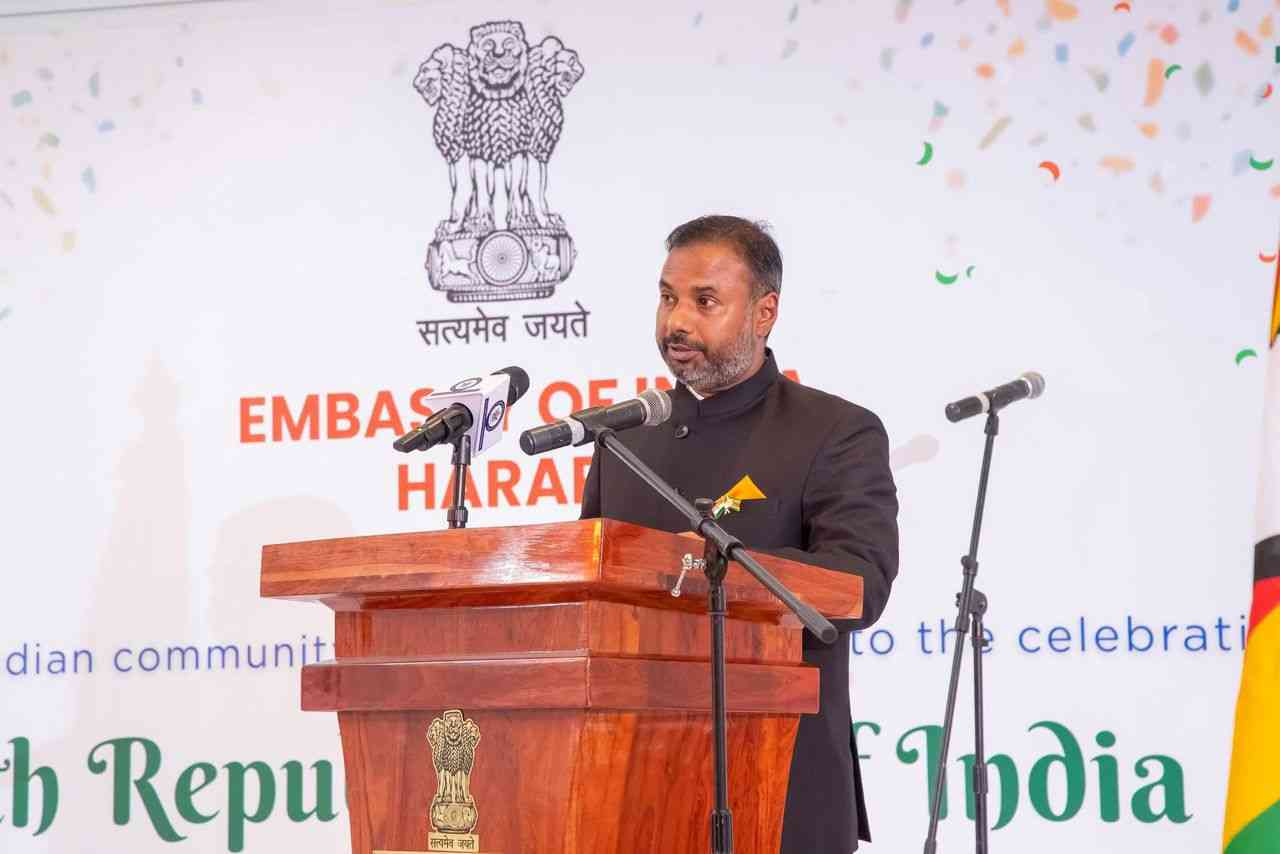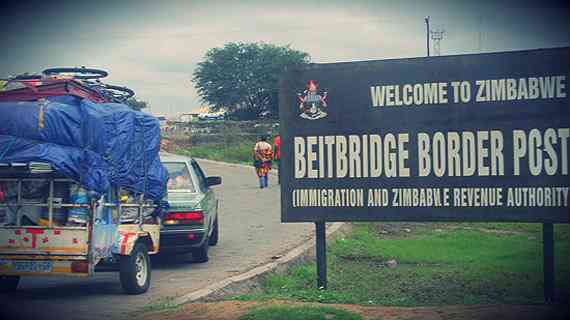
FINANCE, Economic Development and Investment Promotion minister Mthuli Ncube's presentation of the 2025 national budget in Parliament last week painted a picture of cautious optimism, setting an ambitious 6% GDP growth target against the backdrop of persistent economic challenges facing the southern African nation.
In his address, themed "Building Resilience for Sustained Economic Transformation", Ncube projected a recovery from 2024's modest 2% growth, pinning hopes largely on anticipated favourable weather conditions. "The La-Nina weather phenomenon, usually associated with normal to above-normal rainfall, is going to be the major driver of growth in agriculture and electricity generation," he said.
On the macroeconomic front, the introduction of the Zimbabwe Gold (ZiG) in April 2024 brought temporary respite to the nation's monetary woes, with Ncube noting that "prices of goods and services have relatively been stable”.
However, the emergence of inflationary pressures between August and October 2024, attributed to parallel market activities, exposed the fragility of this stability. The budget's projection of maintaining month-on-month ZiG inflation below 3% in 2025 appears optimistic, particularly given the historical challenges with currency management.
The external sector shows signs of resilience, with foreign currency receipts increasing by 17,9% to US$10 billion in the first nine months of 2024. However, the sustainability of this positive trend remains uncertain, especially considering global economic uncertainties and Zimbabwe's significant external debt burden of US$12,3 billion as of September 2024.
The agricultural sector, pivotal to Zimbabwe's economy, received significant attention with an allocation of ZiG22,9 billion. Following a 15% contraction in 2024, the projected 12,8% growth in 2025 hinges heavily on anticipated favourable weather conditions. The budget's focus on irrigation development and dam construction demonstrates awareness of climate change challenges, though the allocation may prove insufficient given the sector's extensive need for modernisation and climate resilience. This focus on agriculture aligns with the government's food security goals, though questions remain about the adequacy of support for smallholder farmers.
The health sector's allocation of ZiG28,3 billion (US$785,9 million) represents a concerning departure from the Abuja Declaration's 15% requirement. In a post-pandemic environment with deteriorating health infrastructure and brain drain challenges, this allocation raises serious questions about the government's commitment to healthcare transformation. The budget fails to adequately address critical issues such as medical equipment shortages, healthcare worker retention and rural healthcare access.
Power supply remains a critical challenge for Zimbabwe's economic recovery, yet the budget allocated merely ZiG259,8 million to the Energy ministry. This seemingly modest allocation appears insufficient to address the fundamental challenges in power generation and distribution that have crippled industrial productivity. The manufacturing sector's projected 3,1% growth in 2025 may prove optimistic given persistent power supply constraints.
- Budget dampens workers’ hopes
- Govt issues $24 billion Covid-19 guarantees
- Letter to my People:They have no answers for Nero’s charisma
- ZMX to enhance farm profitability
Keep Reading
The mining sector, projected to grow by 5,6% in 2025, received ZiG664,8 million, but the allocation lacks comprehensive strategies for value addition and beneficiation. This oversight could hamper progress towards achieving Vision 2030's goal of transforming Zimbabwe to an upper-middle-income economy. The sector's potential as a key driver of economic growth and foreign currency generation appears have been underestimated in the budget framework.
Education received significant attention with ZiG46,6 billion allocated to primary and secondary education and ZiG10,3 billion to higher education. However, these figures may prove insufficient considering the urgent need for infrastructural development, teacher retention and technological integration in education. The brain drain affecting the education sector requires more robust solutions than what is currently proposed in the budget.
The social protection allocation, while present, appears inadequate given the increasing poverty levels and government's commitment to leaving no one behind.
The budget's heavy reliance on tax revenue, projected at ZiG218,2 billion, raises concern about the additional burden on an already stressed populace. While Ncube emphasised the need for domestic resource mobilisation, the sustainability of such aggressive taxation in an environment characterised by economic hardships deserves careful consideration. The projected budget deficit of ZiG6,1 billion (0,4% of GDP) shows fiscal restraint, but the high debt servicing obligations of ZiG19,2 billion highlight the burden of national debt on public finances.
Infrastructural development received significant attention with ZiG58,6 billion allocated across various sectors. However, the heavy reliance on statutory funds and loans (ZiG29 billion) raises questions about debt sustainability and the long-term impact on public finances. The success of these infrastructural investments will depend largely on government's ability to maintain fiscal discipline.
Climate change initiatives received ZiG516,8 million, demonstrating some commitment to environmental protection. However, given Zimbabwe's high vulnerability to climate impacts, this allocation may prove insufficient for comprehensive adaptation and mitigation strategies. The recent El Niño-induced drought highlights the urgent need for more substantial investment in climate resilience.
While the 2025 budget demonstrates awareness of Zimbabwe's challenges, its effectiveness will depend on implementation capacity, external factors and government's ability to maintain fiscal discipline. The ambitious growth targets and revenue projections must be balanced against the realistic constraints facing the economy and the urgent need for structural reforms. The budget's emphasis on stability and growth is commendable, but its ability to address fundamental challenges like currency stability, power supply and social service delivery remains uncertain. The success of this financial blueprint will largely depend on effective implementation and government's ability to maintain fiscal discipline while navigating both domestic and external economic pressures.
- Lawrence Makamanzi is a researcher who writes here in his personal capacity. He is reachable at his email address [email protected] or 0784318605.











